As a result, the use of medicinal plants has gained significant attention for their potential health benefits. These plants, rich in compounds with therapeutic properties, have been used for centuries in traditional medicine practices across the globe. In this article, we will explore the benefits and potential of some good medicinal plants, highlighting their unique properties and applications. 1. Aloe Vera (Aloe barbadensis): Aloe Vera is well-known for its versatile healing properties. This succulent plant contains a gel-like substance, rich in antioxidants, vitamins, and minerals. Traditionally, it has been used to soothe and heal burns, wounds, and skin irritations.
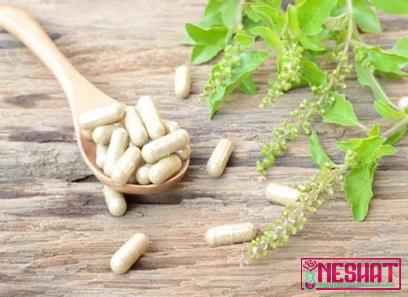
.
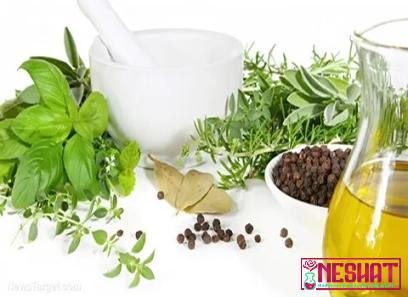 Studies also suggest that Aloe Vera may possess anti-inflammatory and immune-boosting properties, making it valuable in treating conditions like dermatitis and arthritis. 2. Turmeric (Curcuma longa): Turmeric, with its vibrant yellow color, has long been recognized for its medicinal properties. The active compound, curcumin, possesses powerful anti-inflammatory and antioxidant effects. It has shown potential in managing chronic conditions like arthritis, reducing pain and inflammation. Turmeric is also believed to have positive effects on brain health, with research indicating it may enhance cognitive function and protect against neurodegenerative diseases.
Studies also suggest that Aloe Vera may possess anti-inflammatory and immune-boosting properties, making it valuable in treating conditions like dermatitis and arthritis. 2. Turmeric (Curcuma longa): Turmeric, with its vibrant yellow color, has long been recognized for its medicinal properties. The active compound, curcumin, possesses powerful anti-inflammatory and antioxidant effects. It has shown potential in managing chronic conditions like arthritis, reducing pain and inflammation. Turmeric is also believed to have positive effects on brain health, with research indicating it may enhance cognitive function and protect against neurodegenerative diseases.
..
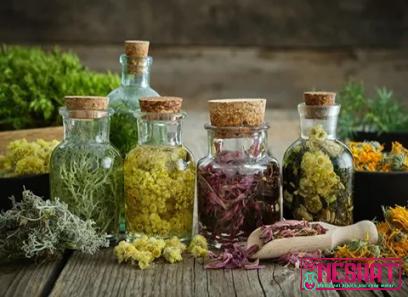 3. Echinacea (Echinacea purpurea): Echinacea is a popular herb commonly used to support the immune system and promote overall well-being. It is believed to stimulate the production of white blood cells, which help fight infections. Research suggests that Echinacea may help reduce the severity and duration of respiratory infections, such as the common cold. It is available in various forms, including teas, capsules, and extracts. 4. Lavender (Lavandula): Lavender is a fragrant herb known for its calming and soothing effects. The plant’s essential oil is widely used in aromatherapy to promote relaxation and reduce stress and anxiety. Research has shown that lavender may have sedative effects, potentially aiding in better sleep quality. Additionally, it is often utilized topically to alleviate headaches, relieve muscle tension, and promote wound healing.
3. Echinacea (Echinacea purpurea): Echinacea is a popular herb commonly used to support the immune system and promote overall well-being. It is believed to stimulate the production of white blood cells, which help fight infections. Research suggests that Echinacea may help reduce the severity and duration of respiratory infections, such as the common cold. It is available in various forms, including teas, capsules, and extracts. 4. Lavender (Lavandula): Lavender is a fragrant herb known for its calming and soothing effects. The plant’s essential oil is widely used in aromatherapy to promote relaxation and reduce stress and anxiety. Research has shown that lavender may have sedative effects, potentially aiding in better sleep quality. Additionally, it is often utilized topically to alleviate headaches, relieve muscle tension, and promote wound healing.
…
 5. Chamomile (Matricaria chamomilla): Chamomile, a daisy-like plant, has been revered for its gentle yet potent medicinal properties. The flowers are commonly brewed into a soothing tea that helps ease digestive discomfort, promote relaxation, and improve sleep quality. Chamomile is also known for its anti-inflammatory properties and may assist in relieving skin conditions like eczema and dermatitis when applied topically. Conclusion: The power of medicinal plants lies in their ancient wisdom and natural healing properties. While the list of beneficial plants is vast, Aloe Vera, Turmeric, Echinacea, Lavender, and Chamomile are just a few examples of herbs that offer promising health benefits. As herbs continue to gain recognition for their therapeutic potential, they play a significant role in complementing modern medicine and promoting a balanced and holistic approach to well-being. As always, it is crucial to consult with a healthcare professional before incorporating any medicinal herbs into your regimen.
5. Chamomile (Matricaria chamomilla): Chamomile, a daisy-like plant, has been revered for its gentle yet potent medicinal properties. The flowers are commonly brewed into a soothing tea that helps ease digestive discomfort, promote relaxation, and improve sleep quality. Chamomile is also known for its anti-inflammatory properties and may assist in relieving skin conditions like eczema and dermatitis when applied topically. Conclusion: The power of medicinal plants lies in their ancient wisdom and natural healing properties. While the list of beneficial plants is vast, Aloe Vera, Turmeric, Echinacea, Lavender, and Chamomile are just a few examples of herbs that offer promising health benefits. As herbs continue to gain recognition for their therapeutic potential, they play a significant role in complementing modern medicine and promoting a balanced and holistic approach to well-being. As always, it is crucial to consult with a healthcare professional before incorporating any medicinal herbs into your regimen.
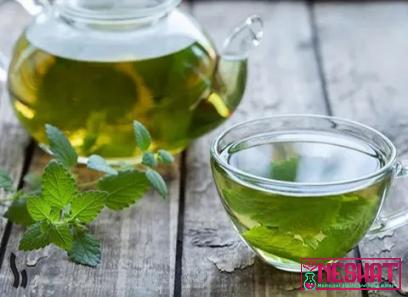
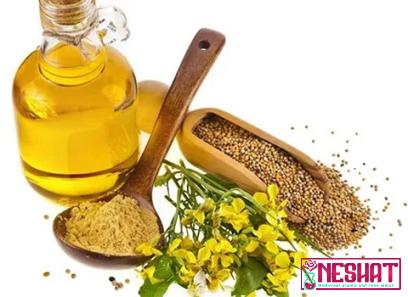
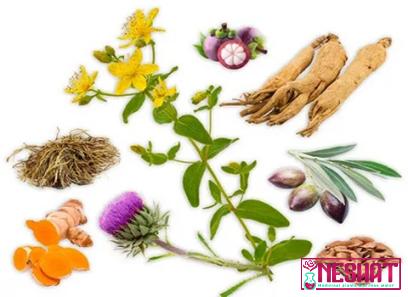
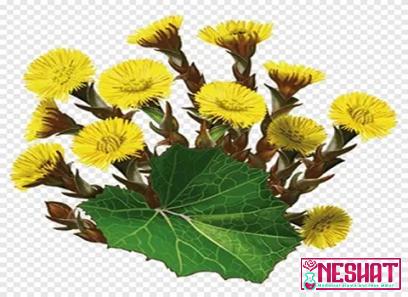
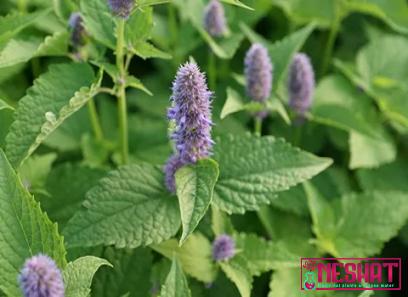
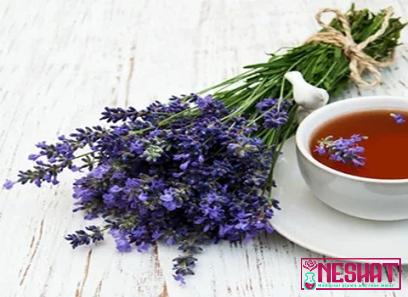
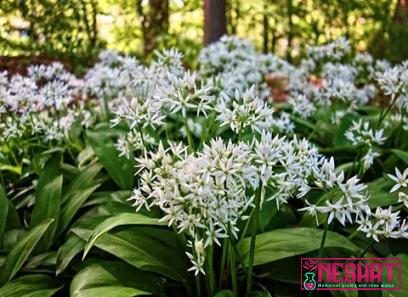
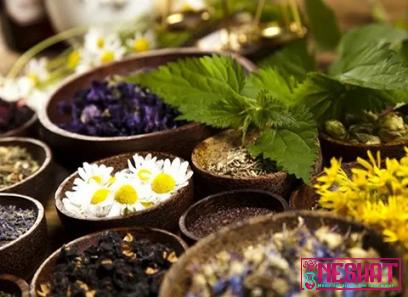
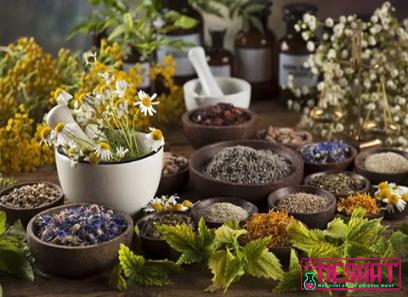
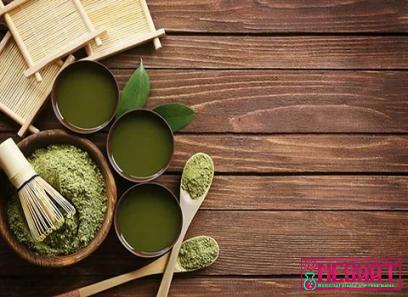
Your comment submitted.